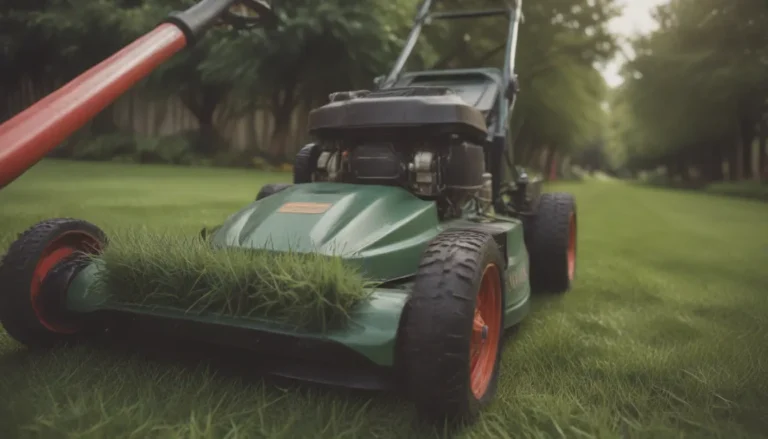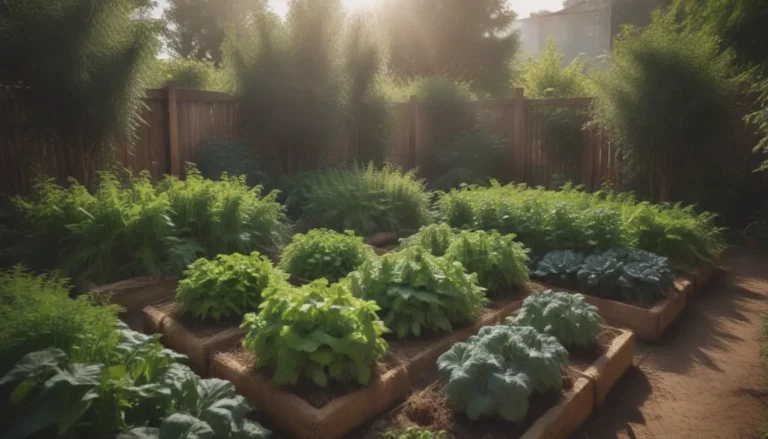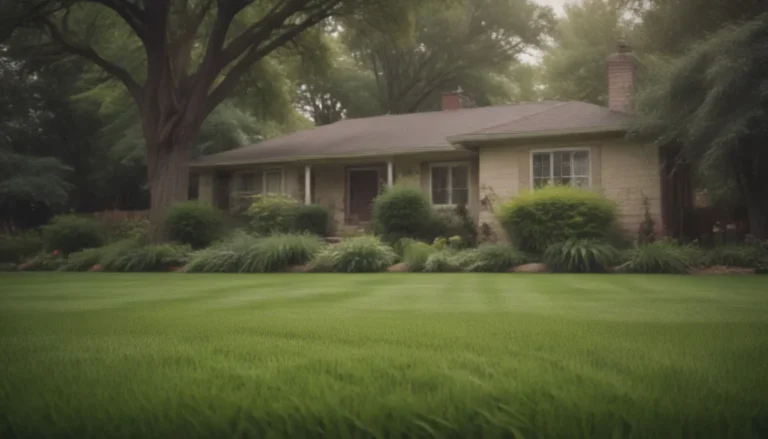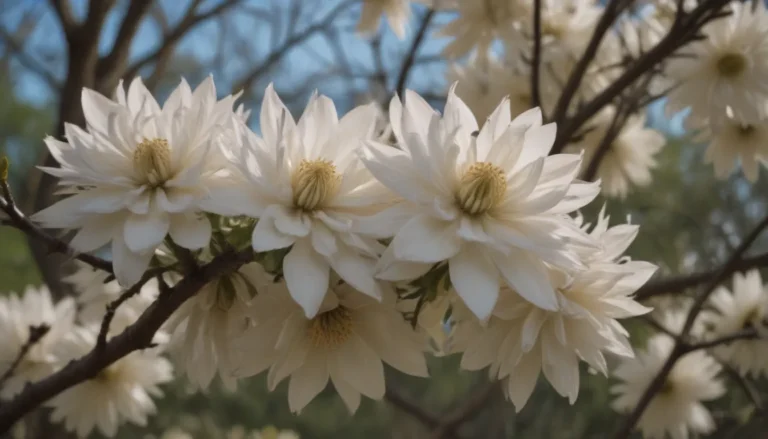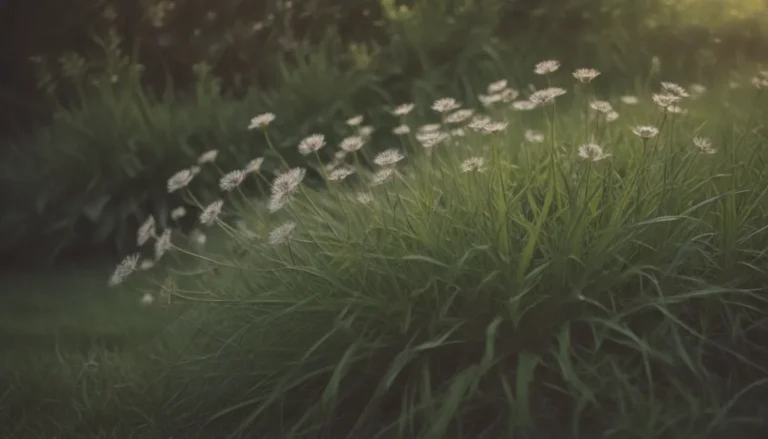The Ultimate Guide to Buying Garden Soil, Compost, and Mulch in Bulk
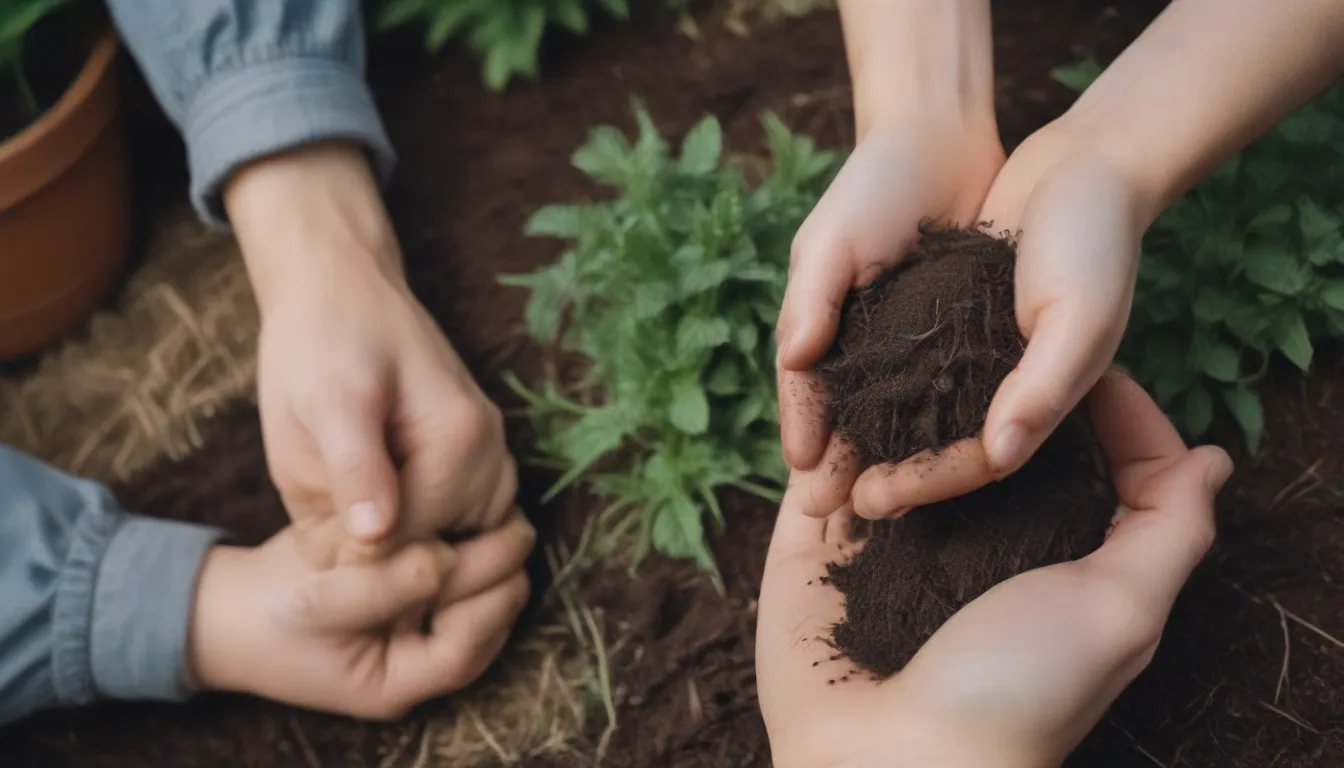
Are you planning a big landscaping or gardening project and looking to buy soil, compost, or mulch in bulk? Purchasing these products in larger quantities from landscape supply stores can be a cost-effective way to get what you need. In this comprehensive guide, we’ll discuss everything you need to know about buying bulk garden soil and other soil products. From the types of landscaping materials available to calculating how much you need for your project, we’ll cover it all.
Why Buy in Bulk?
Buying soil in bulk is a practical choice for those who have large gardening or landscaping projects. While smaller bags from home improvement stores are convenient, landscape supply stores offer larger quantities at a lower price. Keep in mind that some stores may have a minimum quantity requirement, such as one cubic yard, and you may need to arrange for delivery. Buying in bulk allows you to save money and time, especially for extensive projects.
Types of Bulk Landscaping Products
In landscaping and gardening projects, you’ll come across three main soil products: soil (including topsoil, garden soil, and potting soil), compost, and mulch. Each of these products serves a unique purpose in enriching and enhancing your garden or landscape. Additionally, landscape supply stores offer hardscaping materials like gravel and stone in bulk. Let’s take a closer look at each type of product:
Soil
- Topsoil
- Garden soil
- Potting soil
Compost
Compost is a nutrient-rich soil amendment made from decaying plant or animal matter. It helps enrich the soil, improve drainage, and promote healthy plant growth. Adding compost to your topsoil, garden soil, or potting soil can make a significant difference in the health of your plants.
Mulch
Mulch serves both a functional and aesthetic purpose in landscaping. It helps suppress weeds, retain moisture, regulate soil temperature, and enhance the overall appearance of your garden. Common types of mulch include wood chips, shredded yard waste, straw, and sawdust.
Gravel and Stone
Gravel and stone are popular choices for hardscaping projects. They come in various sizes and colors, allowing you to create a polished look for your outdoor space. Whether you’re building a pathway, creating a patio, or adding decorative features, gravel and stone can add a touch of elegance to your landscape.
Cost Considerations
The cost of buying soil in bulk can vary depending on factors such as location, quality, and quantity. Generally, the price of soil products ranges from $340 to $1,251 per truckload. Delivery fees may apply, so it’s essential to factor in all costs when planning your project. Keep in mind that the price may increase if you opt for enriched soil with added nutrients and compost.
When it comes to mulch, the cost varies based on the type of material you choose. Wood chips from expensive varieties like redwood and cedar will cost more than pine shavings or straw mulch. Consider your budget and project requirements when selecting the right soil and mulch for your needs.
How to Calculate Your Needs
Understanding Cubic Yards
A cubic yard is a standard measurement used for bulk soil products. It equals 27 cubic feet and can cover approximately 100 square feet of space at a depth of 3 inches. To determine how much soil, compost, or mulch you need for your project, you’ll need to calculate the volume in cubic yards.
Calculating Depth of Soil
Use the depth of soil calculation chart to estimate the amount of soil you’ll need based on the size of your garden or landscaping area. For example, to cover a 500-square-foot garden with a depth of 6 inches, you’ll require approximately 9.26 cubic yards of soil or mulch.
Tips for Choosing Quality Soil
Before making a purchase, it’s essential to examine the quality of the soil products available. Soil companies offer various blends, including topsoil, garden soil, and compost mixes. Look for the following characteristics to ensure you’re getting a high-quality product:
- Organic content
- Soil texture
- Soil pH
- Screening
- Weed-free
By selecting soil products that meet these criteria, you can ensure the health and vitality of your plants and garden.
Delivery and Pickup Options
Whether you choose to have the soil delivered or pick it up yourself, there are a few factors to consider:
- Delivery or pick up: Decide whether you prefer to have the soil delivered to your location or if you’re able to pick it up yourself.
- Where to deliver: Provide clear instructions on where the soil should be deposited, whether in your driveway, yard, or specified location.
- Storage: Consider where you will store the soil, compost, or mulch once it has been delivered to prevent moisture buildup and ensure accessibility for your project.
Buying soil, compost, and mulch in bulk offers a cost-effective solution for your gardening and landscaping needs. By understanding the different types of products available, calculating your requirements accurately, and choosing quality soil blends, you can create a healthy and vibrant outdoor space for years to come.
Sources:
– HomeAdvisor
– Utah State University Forestry Extension
